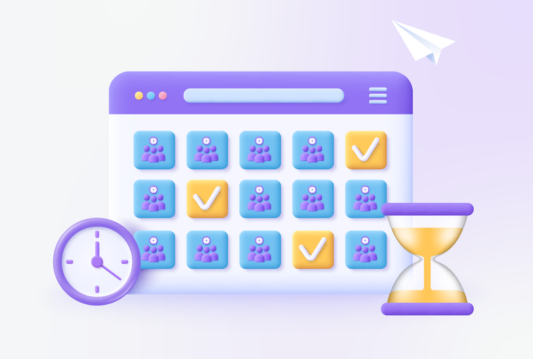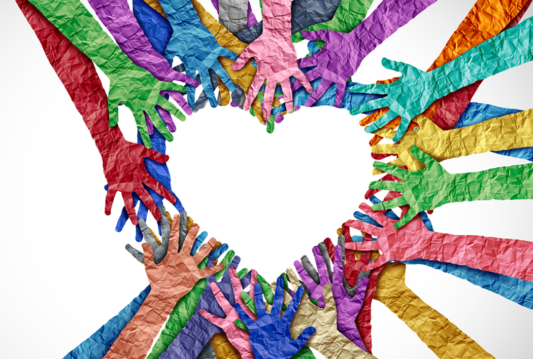
You have an employee who has gone above and beyond—perhaps they secured a new client, solved a tough problem, or consistently motivate their team to excel. How do you show appreciation for their efforts? Rewards and recognition are essential parts of performance management that can enhance the employee experience.
Rewards and recognition programs can help engage and motivate employees, but you need to be thoughtful and strategic about your approach. An effective rewards and recognition program goes beyond fair salary and benefits. What was once seen as a generous reward may no longer be highly valued by your employees. Effective recognition matches individual preferences and needs.
Let’s look at the benefits of rewards and recognition and how you can develop a truly effective program.
What are employee rewards and recognition programs?
Recognition is the opportunity to give positive feedback to an employee for a job well done. Rewards and recognition programs are a way of acknowledging and showing appreciation towards an employee’s performance or contributions, whether that’s exceeding expectations or reaching an important milestone. Rewards and recognition show employees that they are valued for who they are in addition to what they can do.
The benefits of rewards and recognition
A thoughtful rewards and recognition program that considers when and how employees want to be recognized can be very beneficial. Rewards and recognition can make work feel more meaningful, create a more welcoming workplace, and help the overall success of your organization.
- Improves employee retention and attracts new talent: Respondents to O.C. Tanner and Achievers Workforce Institute surveys claimed recognition was the most important driver of great work. If employees felt recognized at work, they were far less likely to take a call from a recruiter or search for a new job.
- Boosts employee morale: An effective program helps all employees feel welcomed, included, supported, and connected. When an employee feels their work matters to the success of their company, their time at work can feel more meaningful. Positive feedback can be the spark employees need to feel more engaged and enthusiastic about their work and workplace.
- Increases productivity: Even the highest performing employee can become demotivated if they feel their work is unappreciated. On the other hand, rewards and recognition can help employees achieve their goals. According to the Achievers Workforce Institute 2022 HR Preparedness Report, the more often someone is recognized, the more likely they are to report being highly productive.
What makes a rewards and recognition program effective?
Think of performance management like coffee: some take it black, where the coffee alone may be all an employee needs to accomplish their work; but for some, a little sweetness is necessary. Rewards and recognition can sweeten the employee experience, as long as you understand your employees’ preferences. An effective rewards and recognition program should be tailored to your employees’ wants and needs while still reflecting your company’s values. Knowing and using someone’s preferred language of appreciation can help make rewards and recognition more meaningful.
Every organization can create an effective rewards and recognition program, but it does require planning and evaluation. To help you get started, we have put together a list of nine essential components of effective rewards and recognition programs. In this FREE guide, we discuss the importance of inclusivity, leadership participation, flexible incentives, and more.
Download our Guide to Rewards and Recognition Programs now!












